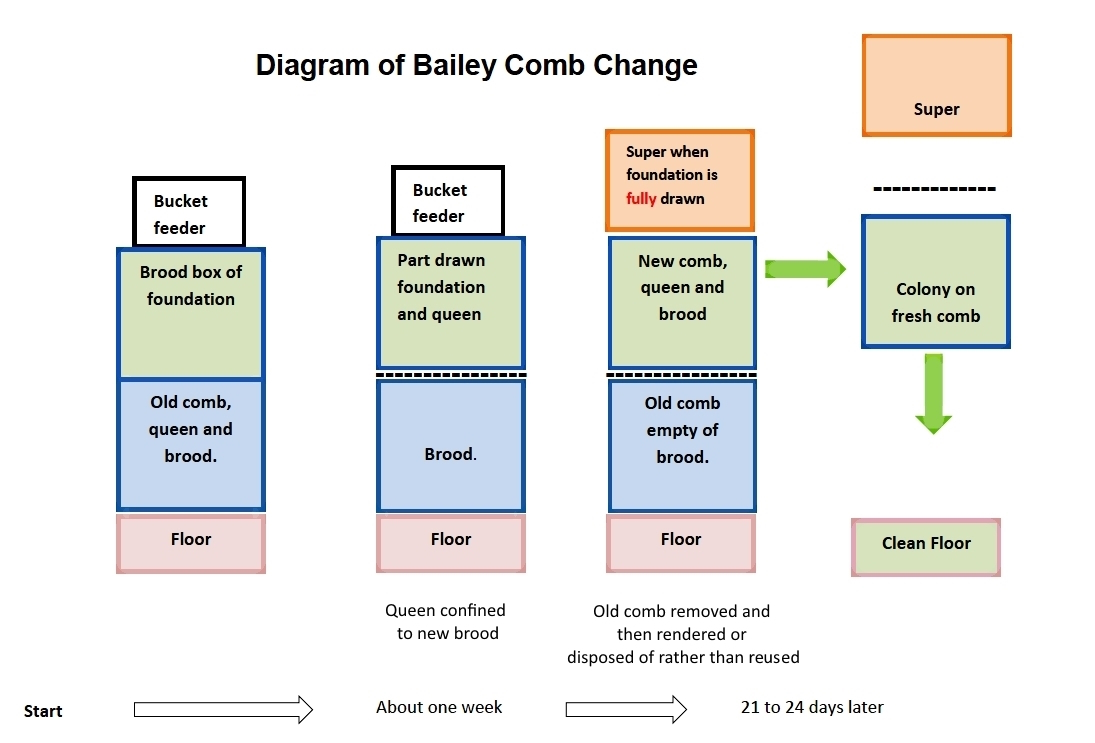Bee Stings and Allergic Reaction

Taken from: Bee Stings L002 - The British Beekeepers Association
"This summary sheet (L002A) is part of Bee Stings Leaflet L002 which should be read"
copyright The British Beekeepers Association

Taken from: Bee Stings L002 - The British Beekeepers Association
"This summary sheet (L002A) is part of Bee Stings Leaflet L002 which should be read"
copyright The British Beekeepers Association

This system is ideal for replacing all the combs at once and is best performed in early spring often, with clement weather, March is suitable, but remember to keep feeding so the bees can build comb.
Adapted from: Replacing Old Brood Comb (FAQ 5)
Crown copyright 2013 - www.nationalbeeunit.com used under the terms of the Open Government Licence (OGL)
Bee Keeper // Glenn Schwarz Music // Richard Willams.
"These Regulations may be cited as the Honey (England) Regulations 2015 and come into force on 24th June 2015. ... These Regulations apply in England only. ..."

Click here for Course Booking
The Association maintains an apiary at an organic farm in North Shropshire. We hold regular meetings at the apiary during the summer, where members old and new can gain experience in handling bees.
![]() We encourage and develop
We encourage and develop
the art and science of bee keeping
![]() We strive to educate
We strive to educate
Through group meetings, practical out apiary events and educational support